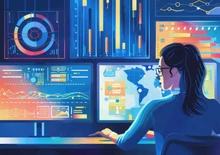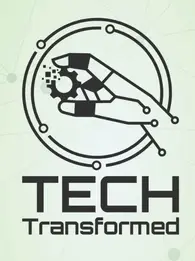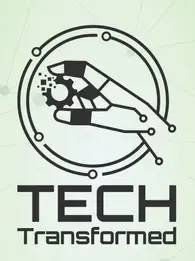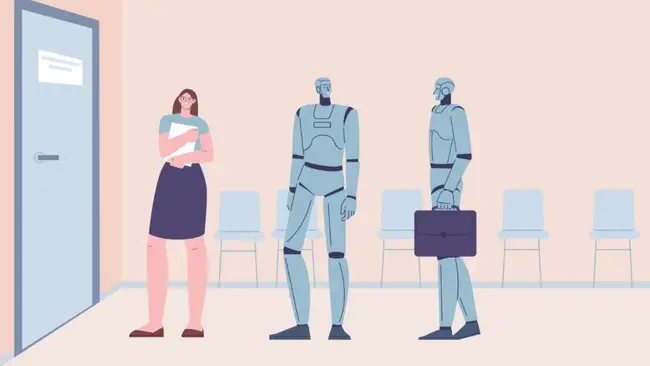
Surrender your office chair – a report by investment bank Goldman Sachs has warned that two-thirds of jobs could soon be at risk as a result of recent breakthroughs in generative AI.
The report, published on Monday 27 March, revealed that two-thirds of occupations are exposed to some degree by AI, representing 300 million full-time jobs around the world.
Of those affected, Goldman predicted that generative AI will be able to automate a quarter and a half of their workloads, with 7 per cent also losing more than half of their daily tasks to AI.
The research calculated that this partial automation affects 63 per cent of jobs in the US, with a similar impact being seen across Europe, although the bank’s estimates were at the more conservative end of the spectrum compared with other studies.
Less than a week ago, a paper published by OpenAI, the creator of ChatGPT, predicted that 80 per cent of jobs could see more than a tenth of their tasks completed by AI in its current state.
Goldman highlights that AI could perform simple and mundane tasks including filing tax returns for businesses, evaluating insurance claims and documenting results from police investigations.
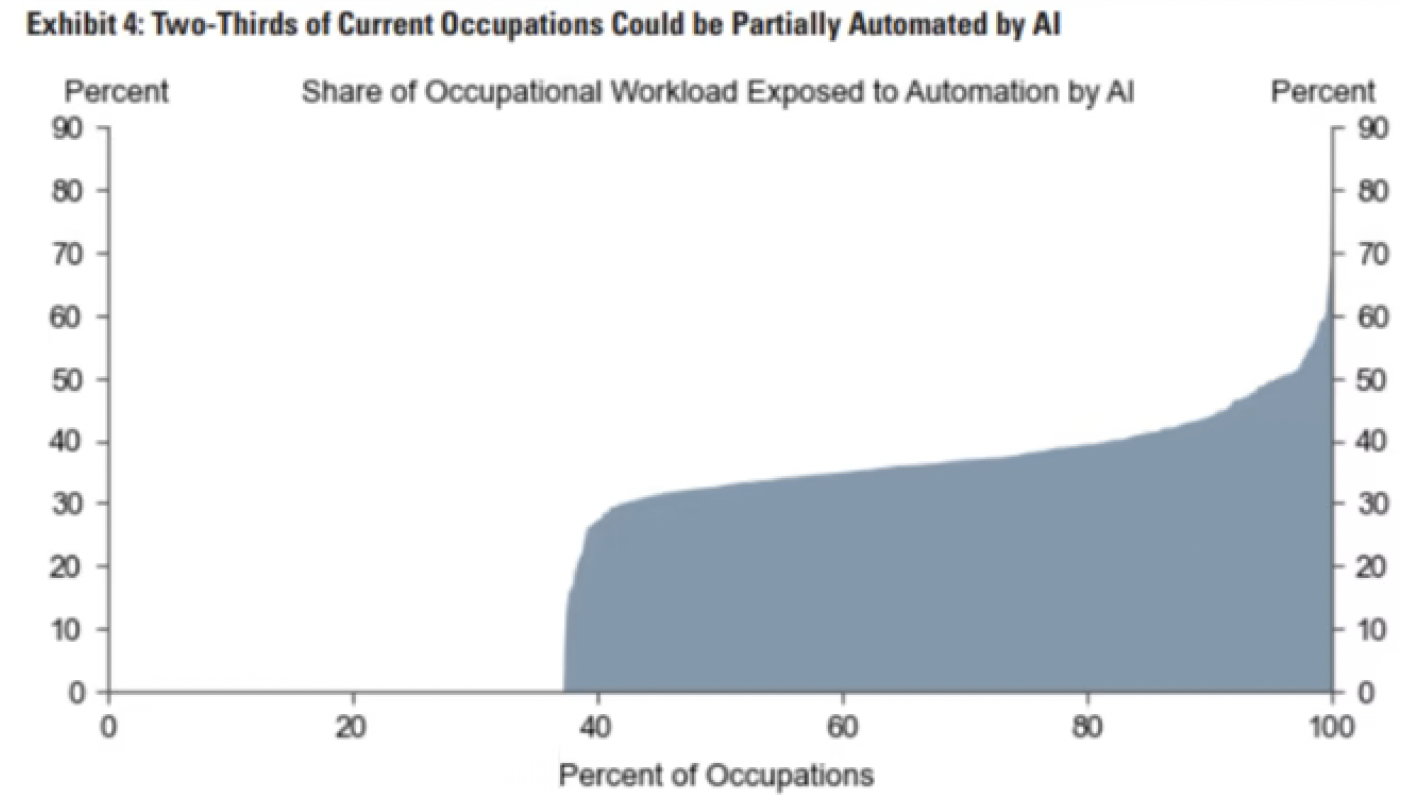
They predicted that more complex tasks, such as court rulings and health checks on patients are unlikely to be replaced by AI. Physical and manual labour roles such as construction, plumbing and factory work are also unlikely to be affected – for now.
It remains unclear to what degree will transform the workplace, but industry leaders highlight that it is already impacting the jobs and skills landscape less than 6 months after the technology fixed took the world by storm with the launch of ChatGPT last November.
“The fact of the matter is, some extent of AI technology adoption – like ChatGPT or other chatbots – will be key to business survival, and to keep many jobs relevant," said Dominic Holmes, Principal Strategy and Value EMEA at Cornerstone.
“It is going to affect the job and skills landscape, without question. But it’s how the technology is embraced that will dictate whether the impact will be positive or negative.”
While acknowledging the significant disruption AI could cause to today’s jobs market, the report noted that automation has also tended to create new roles, and that new occupations that have been brought about from technology have accounted for most growth in employment.
Taken together, the reduction in labour cost, the new jobs and higher productivity of those workers that do keep their jobs could lead to a “productivity boom that raises economic growth substantially”, the bank said in a note.
A tool for work – a weapon for crime
The report likely adds to already existent concerns about AI replacing white-collar jobs of all kinds in a similar way to how factory robots replaced manufacturing roles in the 1980s.
But, other concerns relate to AI systems also becoming tools for academic misconduct, and weapons for potentially nefarious purposes.
In February, Blackberry revealed that the tool may already be used in a range of attacks from phishing campaigns to nation-state cyberattacks.
Of the 1,500 IT Decision Makers interviewed by Blackberry as part of the investigation, over half predicted ChatGPT-powered cyber attacks will strike within the next year.
"It’s been well documented that people with malicious intent are testing the waters," Shishir Singh, chief technology officer for cybersecurity at BlackBerry, noted in response to the survey.
“We expect to see hackers get a much better handle on how to use ChatGPT successfully for nefarious purposes; whether as a tool to write better Mutable malware or as an enabler to bolster their ‘skillset,” Singh said.
So far, all I've seen AI do is threaten the jobs of multiple people in the creative industries, help people spread information via deepfakes, hurt people via scams, and I've had to report multiple accounts on Pixiv because people are using AI to generate of minors. https://t.co/2XGnqm1mnB
— Glynn Tarrant (@GlynnTarrant) March 22, 2023
While generative AI platforms like OpenAI and Microsoft’s Bing Chat have already placed restrictions to prevent cybercriminal activity, experts note that threat actors have quickly found methods to bypass them.
One such way involved creating Telegram bots that use OpenAI’s API in external channels, removing many of the anti-abuse measures put in place by the AI company.
Researchers from Check Point discovered that hackers were this method to create malicious content powered by the AI chatbot, including writing python scripts to launch malware attacks and crafting convincing phishing emails in seconds.
They also found several users selling these telegram bots as a service, a business model allowing cybercriminals to use the unrestricted ChatGPT model for 20 free queries before being charged $5.50 for every 100 queries they make.
Sergey Shykevich, the lead ChatGPT researcher on the study, noted that these models are essentially lowering the barrier to cybercrime by giving users with little to no hacking knowledge access to sophisticated cybercriminal services.
“What’s interesting is that these guys that posted it had never developed anything before, said, adding that ChatGPT and Codex – an OpenAI service that can write code for developers – will "allow less experienced people to be alleged developers.”
Don’t fly too close to the sun
With the risks related to the implementation of AI clear, experts warn businesses to act with caution when implementing generative AI in the workplace until the extent of the technology’s use cases becomes clear.
“The risk of failing to adopt the technology at all is clear, potentially causing businesses and individuals to fall behind the curve. But there is also a risk of taking it too far, or flying too close to the sun,” Holmes said.
“AI needs to be viewed as something that assists individuals in their jobs, not as something that could potentially replace them entirely. Businesses need to understand this and take a balanced approach between technology and human being.”
To read more about generative AI, visit our AI in the Enterprise Page.
OpenAI’s CEO and Co-founder Sam Altman has himself warned that businesses must act with caution with generative AI technology to prevent job losses, and government regulation will be crucial.
"We've got to be careful here. "I think people should be happy that we are a little bit scared of this," Altman said in an interview with ABC news.
Regardless, he encouraged people to look at ChatGPT as more of a tool, not a replacement. He noted that "human creativity is limitless, and we find new jobs. We find new things to do."
"I think over a couple of generations, humanity has proven that it can adapt wonderfully to major technological shifts," Altman said. "But if this happens in a single-digit number of years, some of these shifts. That is the part I worry about the most."
Goldman clients can read the full paper here.







